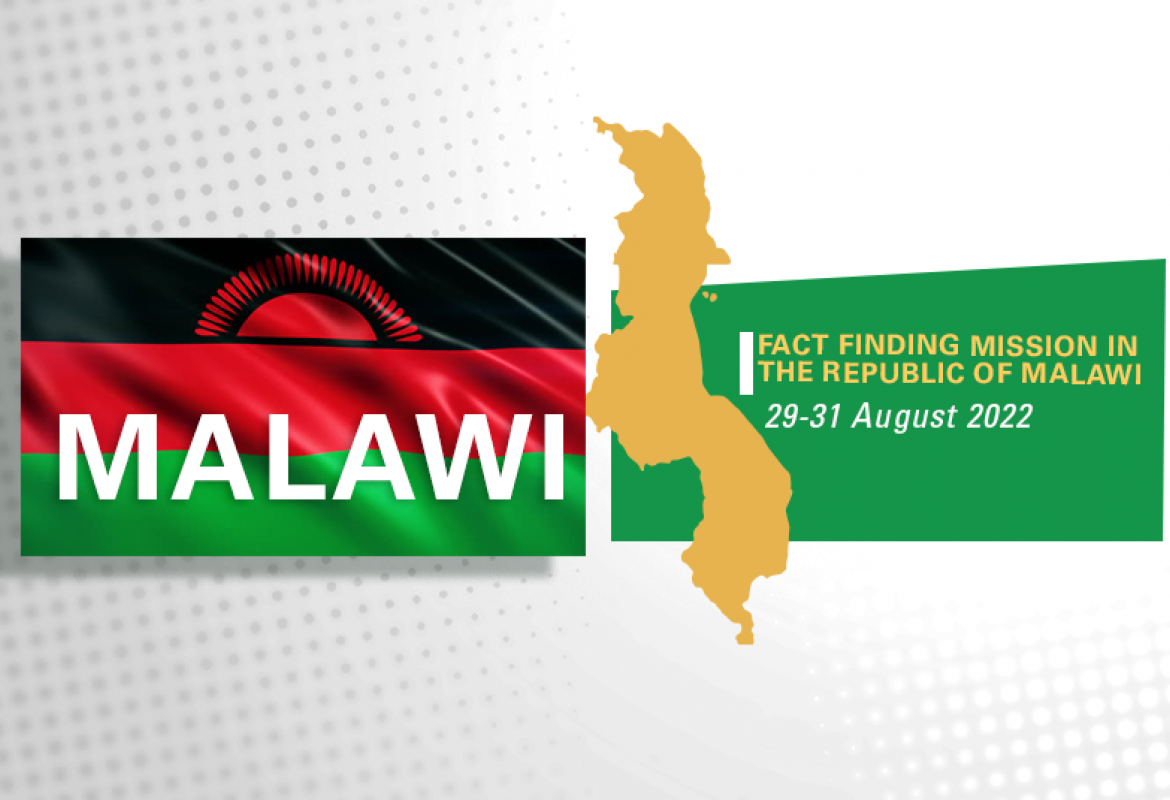31 August 2022- Lilongwe Drawing its mandate from the African Charter on the Rights and Welfare of the Child, which empowers the ACERWC to resort to any appropriate method of investigating any matter falling within the ambit of the Charter, the ACERWC has concluded its mission in the Republic of Malawi to assess the situation of children with albinism. The mission was held on 29-31 August 2022 and was done under the auspicious of the Working Group of the ACERWC on Children with Disabilities. The mission aimed at assessing the nature and gravity of violations that children with albinism face in Malawi; the impact of the discrimination on education, health, and other basic services. The mission also sought to examine the vulnerability of children with albinism, who are already in vulnerable situations; these include the girl child, refugees, asylum seekers, IDPs, those who are separated from their families, and caregivers among others. The Mission also monitored the adequacy, appropriateness, and inclusiveness of the Government of Malawi’s response to the challenges of children with albinism; like the extent of provision of appropriate protection and public services for the full enjoyment of their rights and welfare; reasonable accommodation, assistive and adaptive devices in school; as well as receipt of appropriate healthcare services. The Mission also sought to assess the level of implementation of the ACERWC’s decision on Communication No 004/Com/001/2014 submitted by the Institute for Human Rights and Development in Africa against the Republic of Malawi.
During the mission, the Delegation had consultations with various authorities and stakeholders, including the Ministry of Foreign Affairs and International Cooperation; Ministry of Gender, Community Development, and Social Welfare; Ministry of Justice; Ministry of Health; Ministry of Education; the Malawi Police Service; and the Malawi Human Rights Commission. The Delegation also met Representatives of children with albinism, children’s Parliamentarians, UNICEF, Save the Children International, Plan International; Child Rights NGOs Coalition, Association of Persons with Albinism in Malawi; Standing Voices; Beyond Sun Care; Good Samaritan Children’s Home; and World Vision International.
The Committee noted, with great appreciation, that the Republic of Malawi has made major strides in addressing the attacks and violations of the rights of children with albinism. It also noted that the Government of the Republic of Malawi has undertaken legislative and institutional measures, which have led to a decline in the rate of attacks and killings of children with albinism. Despite the successes and positive trends, the Delegation identified areas of concern in the documentation, data management system, and reporting on abduction, attacks, and killings of children with albinism. Other areas of concern are; accountability regarding all perpetrators involved, expedited investigation and installation of child-friendly justice systems; school enrolment; access to assistive devices and health care materials; and cross-border cooperation. In addition, there is a need for psychosocial support for survivors and those who live in fear of the attacks and participation of children with albinism in matters which affect them. The Delegation also identified gaps around resource allocation, coordination, awareness raising, and capacity-building programs.
The ACERWC will provide a comprehensive report on the mission’s findings, including recommendations, which will then be available on its website.







